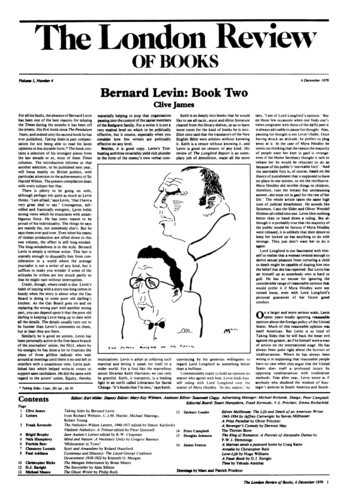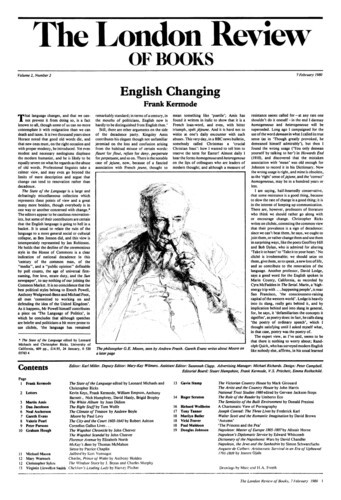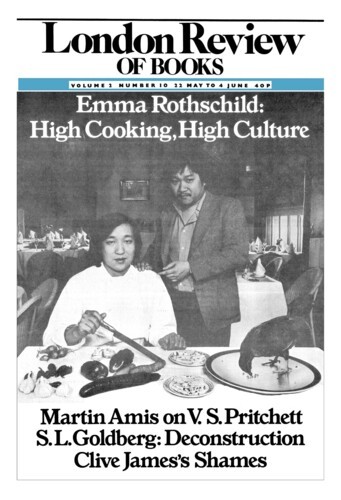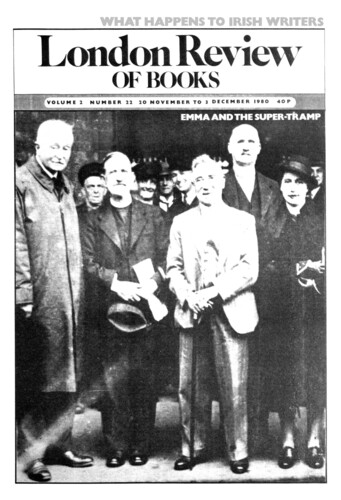Macédoine de Dumas
Douglas Johnson, 6 December 1979
Angela Thirkell once said that she had read as much of Dumas as anyone alive, but this was only about half of what he had written. It is said that Dumas himself lost count of the work he had written, which probably consisted of some one hundred and thirty novels (ranging from two to 11 volumes each), some sixty plays, twenty or thirty books of travel, memoirs and numberless newspaper articles – probably running to more than 300 titles. As Charles Hugo put it, ‘everyone has read Dumas, but nobody has read everything of Dumas’s, not even Dumas himself.’ It is well-authenticated that some works which appear under the name of Dumas were not written by him at all, and certain of his rivals even attempted to have him prosecuted for deceiving the public. But the fact remains that Dumas was a phenomenon, and one that requires an explanation.





